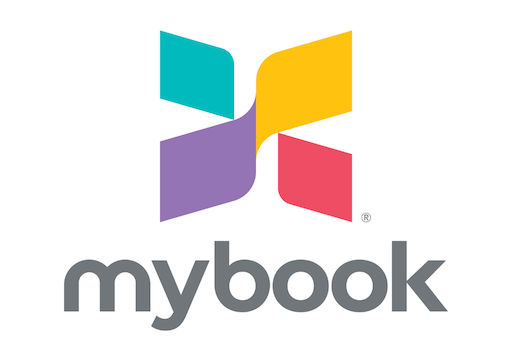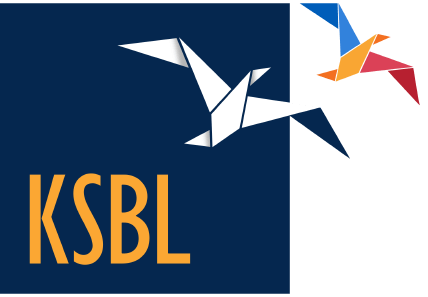Tell Digital Marketing Requirements: Must-Have for Success
In today’s rapidly evolving digital landscape, many businesses are keen to tell digital marketing requirements as clients seek to elevate their online presence. Digital marketing isn’t just a buzzword; it’s a crucial component for growth and success in the business world. Whether you’re a small startup or an established enterprise, understanding what you need for effective digital marketing can set the stage for your brand to flourish.
Understanding the Basics of Digital Marketing
Before diving into the specific requirements, let’s clarify what digital marketing entails. At its core, digital marketing involves leveraging online platforms to promote products and services. This can range from social media campaigns, email marketing, content creation, to search engine optimization (SEO). Each strategy works synergistically to drive traffic and convert visitors into loyal customers.
For instance, consider a local coffee shop. Setting up a Facebook page or an Instagram account can help them engage their community, showcase enticing photos of their offerings, and share events or promotions. But to harness the power of these platforms effectively, there are fundamental requirements they must consider.
Essential Digital Marketing Requirements
Clear Goals and Objectives
When you’re trying to tell digital marketing requirements as clients, the first step is to define your goals. Are you looking to increase brand awareness, drive traffic to your website, or perhaps boost sales? Setting clear, measurable objectives is essential.
Take the case of a fitness center. Instead of just saying, “I want more members,” they could specify, “I aim to increase membership sign-ups by 25% within three months.” This clarity will guide strategies and help in analyzing efforts later.
Target Audience Understanding
Another pivotal requirement is knowing your target audience inside out. Who are they? What are their interests? Where do they spend their time online? Understanding your audience will inform your messaging and channel selection.
Let’s say the fitness center attributes its goal to attract young professionals aged 25-35. The marketing strategy should leverage platforms like Instagram or LinkedIn, where this demographic is likely active, using language and visuals that resonate with young professionals’ lifestyles.
Budget Allocation
Creating a budget for digital marketing moves beyond just deciding how much to spend. It’s about allocating funds to different strategies based on your defined goals. This could involve setting aside resources for paid ads, content production, or social media management tools.
Sometimes, it may feel like an overwhelming task. For example, a small business might need to balance between paying for Facebook ads and hiring a content writer. In such cases, prioritizing based on potential ROI is essential. It might even involve experimenting in early phases and adjusting the budget based on what works best.
Content Creation Strategy
Content is the heart of digital marketing. An effective content creation strategy involves producing valuable, relevant content that speaks to your audience while showcasing your expertise. Blogs, infographics, videos, or even podcasts can all play a role.
Consider a skincare brand looking to launch a new line of organic products. A robust content strategy might include informative blog posts about skincare routines, customer testimonials in video format, and vibrant images on social media to draw attention. This diverse approach creates a fuller picture for potential customers.
Data Analysis Tools
To tell digital marketing requirements effectively, clients must be equipped with data analysis tools. Understanding performance through analytics is crucial for refining campaigns. Metrics such as website traffic, conversion rates, and engagement levels provide insights that can be translated into actionable improvements.
For instance, using Google Analytics, a business can track where their traffic is coming from and identify which content is resonating best with their audience. This data can inform future strategies and save resources by focusing efforts on what’s proven effective.
Commitment to Adaptation
Finally, in the realm of digital marketing, the willingness to adapt is a must-have. Trends shift, algorithms change, and consumer behaviors evolve. Businesses must be agile and open to tweaking their strategies based on feedback and analytics data.
Imagine a company that invests heavily in Facebook advertising, only to find that their audience has migrated to TikTok. Being alert to these changes and willing to pivot ensures survival and success in the competitive digital landscape.
As you can see, telling digital marketing requirements as clients involves multifaceted efforts. From understanding objectives and audiences to continuous adaptation based on data, each element plays a pivotal role in achieving success in digital marketing.
—
FAQ
1. What are the primary components of a digital marketing strategy?
The primary components include goal setting, audience research, content creation, budget allocation, data analysis, and a commitment to adapt and evolve strategies based on market feedback.
2. How important is content creation in digital marketing?
Content creation is critical as it drives engagement, showcases expertise, and builds brand awareness. Valuable content addresses audience needs and influences decisions.
3. How can businesses effectively analyze their digital marketing campaigns?
Businesses can effectively analyze campaigns by using tools like Google Analytics and social media insights to track metrics such as traffic, engagement, and conversion rates, allowing for informed strategy refinement.
Related Posts
Switch Lead Gen Expert: Effortless Steps for Success
In todays competitive landscape, becoming a switch lead gen expert can transform your approach to business growth. With a focus on building relationships and understanding your audience, youll discover...
Switch Instagram Consultant: Effortless Guide to Success
Are you struggling to make an impact on Instagram? A switch to an Instagram consultant could be your key to effortless success, guiding you through the ever-changing social media landscape and helping your...












